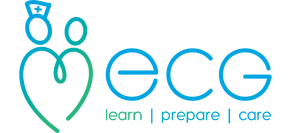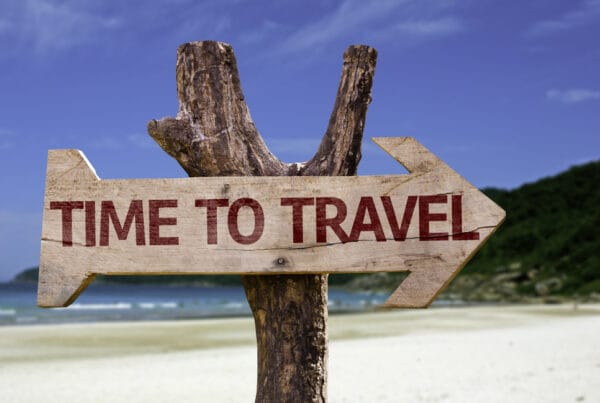Written by Lloyd Figgins, Thursday 23rd May 2019
So often when we travel our focus is on the destination we are travelling to and the purpose of our visit, whether that be for business or for pleasure. Making sure we have the right travel documents, visas and currency are almost second nature, especially for seasoned travellers, but how much consideration are we giving to our health?
Having worked in over 80 countries, including some of the more remote and hostile regions of the planet, I have encountered more than my fair share of adversity, yet I’m always amazed how little attention travellers pay to their own health. This, despite the fact that most of the incidents I have dealt with overseas involve health issues of some kind.

Events such as terrorism overseas tend to grab all the headlines, but the reality is that your chances of getting caught in a terrorist attack are just 1 in 20 million. You have a far better chance of winning the national lottery jackpot than you do of getting involved in a terror attack. The reality is that the most common causes of injury and illness to travellers are gastro-intestinal issues. It really is as “glamorous” as that.
So, why don’t we take more care of our health when we travel? Maybe it’s a laissez faire attitude, that “it won’t happen to me”, or it’s because we don’t understand the risks of overseas travel health. The bad news is that if we don’t take appropriate precautions, it can be both critical and expensive. However, the good news is that implementing an effective travel health plan is relatively painless and straight forward.

All travellers should be sure to get the latest advice from their doctor or health clinic before they travel. Your doctor will have the most up-to-date information on disease and disease prevention. It’s always worth doing this plenty of time in advance.
In addition, it’s well worth investing in a first aid qualification that is relevant to the type of travel you are planning on undertaking. A traditional urban ‘first aid at work’ course is not going to equip you with the skills and knowledge required for a jungle or mountain expedition. Wilderness-specific courses are going to be much more useful if you or one of your party get into trouble.
Put together a comprehensive first aid kit to take with you and, again, make sure it is tailored to the environments in which you are going to be travelling. The off-the-shelf kits you can buy in outdoor shops and chemists are limited. You will be far better off putting together your own kit: that way you will know exactly what’s in it and where to find each item. A ‘giving kit’ of sterile needles and syringes is essential in countries where sanitised medical facilities are not the norm.

If a doctor prescribes medication, be sure to take the full course. Many medicines require that you continue to take them even after you have returned home. Make sure you do this. A lot of people think that, simply because they are home, they are safe. This is not the case.
It is vital that you have adequate and appropriate insurance for your trip. This should include comprehensive cover for medical expenses, repatriation and any legal costs. Often the travel insurance policies you get free with a credit card or bank account don’t offer very comprehensive cover, and neither do the cheaper travel policies. There’s a reason these polices are free or cheap and you don’t want to be finding that out at a time when you might need help the most.
There are a number of measures you should take when you are actually travelling. These will significantly increase your odds of staying in good health.
Always practise good personal hygiene and make sure others in your group do the same. This includes thoroughly washing your hands after going to the toilet and before handling food. Always have plenty of anti-bacterial hand wash and make sure that everyone uses it.

Sooner rather than later. Many conditions are caused by bacteria that are strong and/or unfamiliar to your body and need urgent medical intervention. Your condition will be much harder to treat if it is allowed to develop to a dangerous level.
Make sure that, if things get really serious, you have a plan for getting home and an insurance policy that will facilitate your repatriation.
If you become ill once you are back home, make sure that you tell your doctor that you have been overseas and list the countries and regions you have visited, even if your illness develops months after your return.
If you are overseas on business, find out if your employer has a contract with a specialist medical assistance provider. If so, ask what services they provide as well as how to contact them in the event of an emergency. These companies can provide over-the-phone medical advice, as well as assistance in getting you to the right hospital and, if required, repatriated.
Travel should be memorable for all the right reasons and if you prepare properly there’s no reason this shouldn’t be the case for every trip.
About the Author

Lloyd Figgins is an internationally respected authority and speaker on the subject of Travel Risk Management. He is Chairman of the Travel Risk & Incident Prevention (TRIP) Group™and author of The Travel Survival Guide published by Portico. Lloyd is a Fellow of the Royal Geographical Society and often provides commentary in the media and makes regular appearances on the BBC, ITV, CBS and Sky News.
Recommendation by our CEO, Jane Lambert:
I have read Lloyds book and now take it on all my travels, so important to stay safe whilst travelling, can highly recommend you buy and read it!













